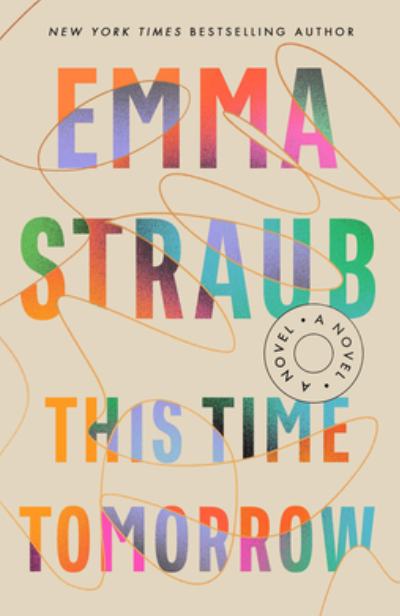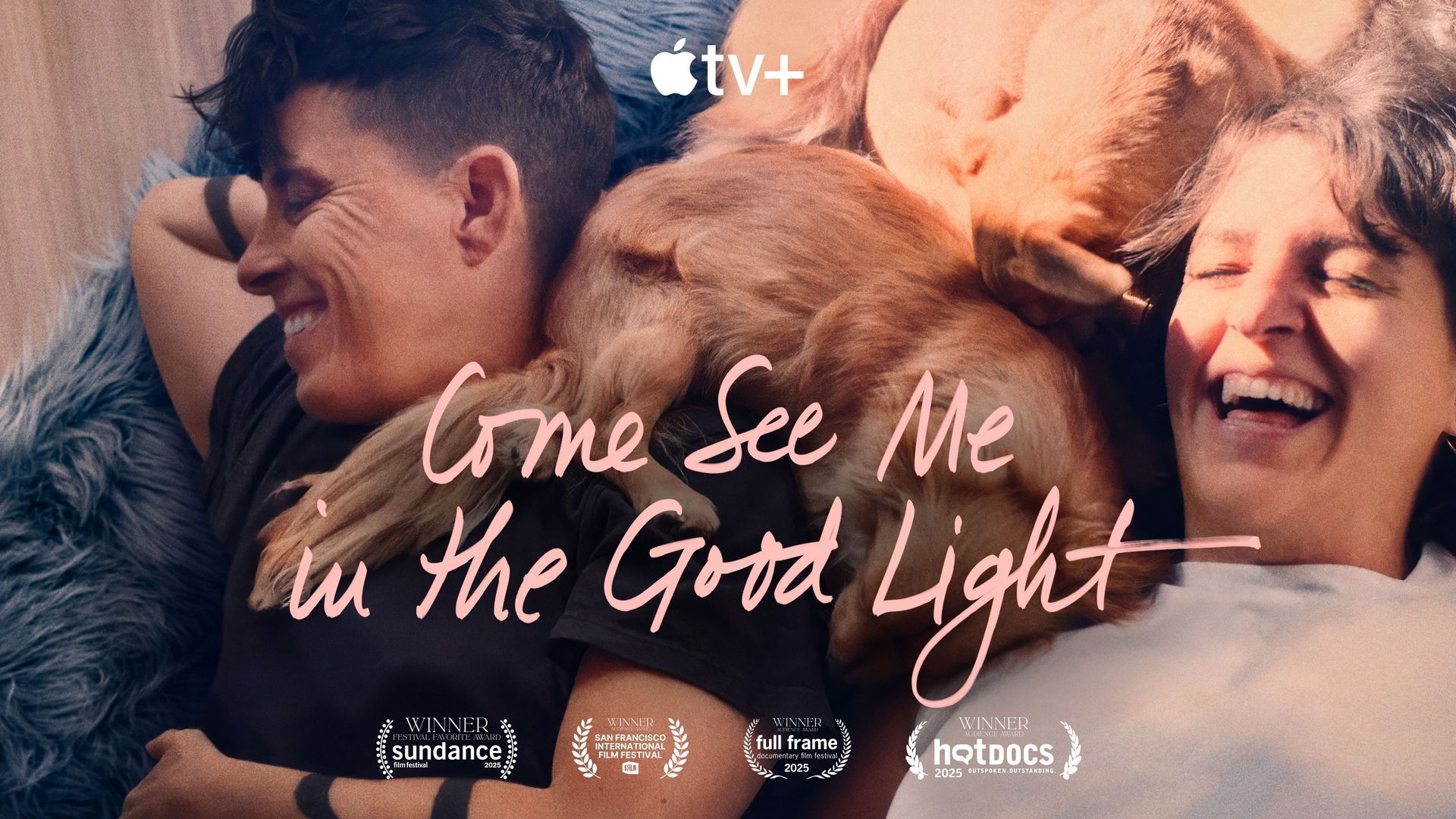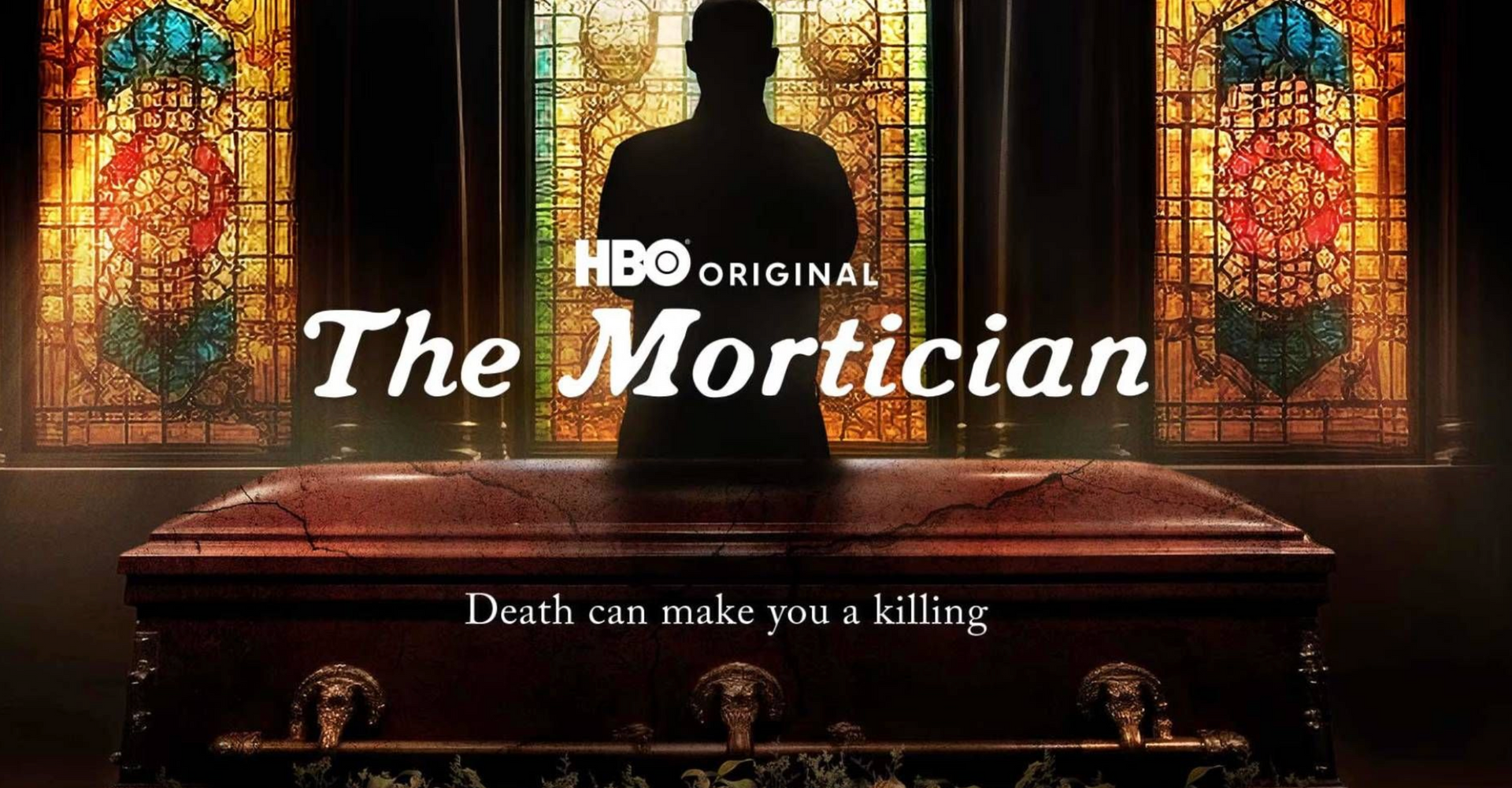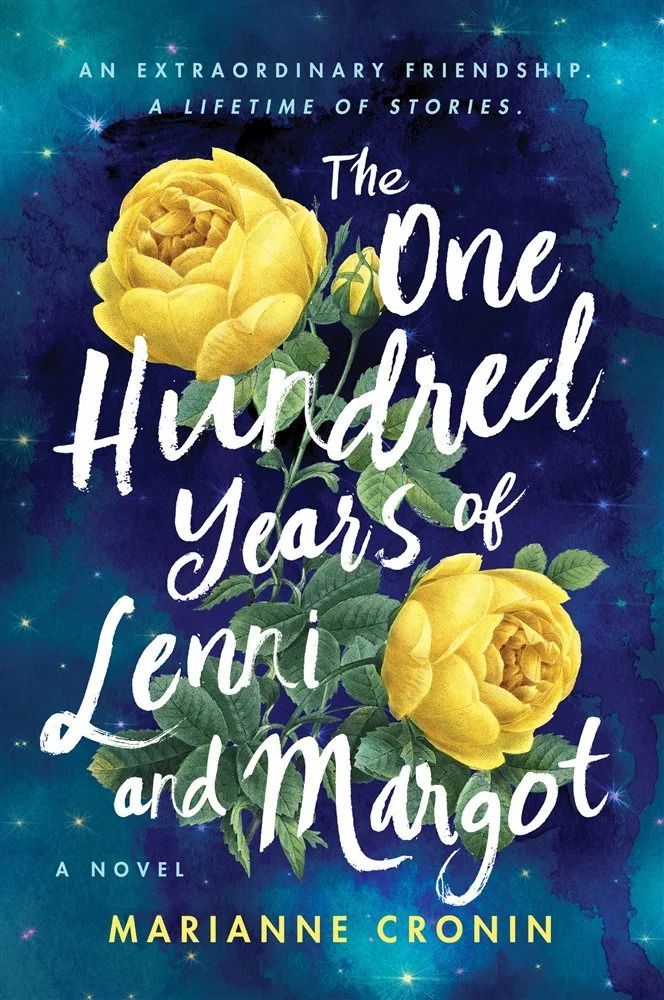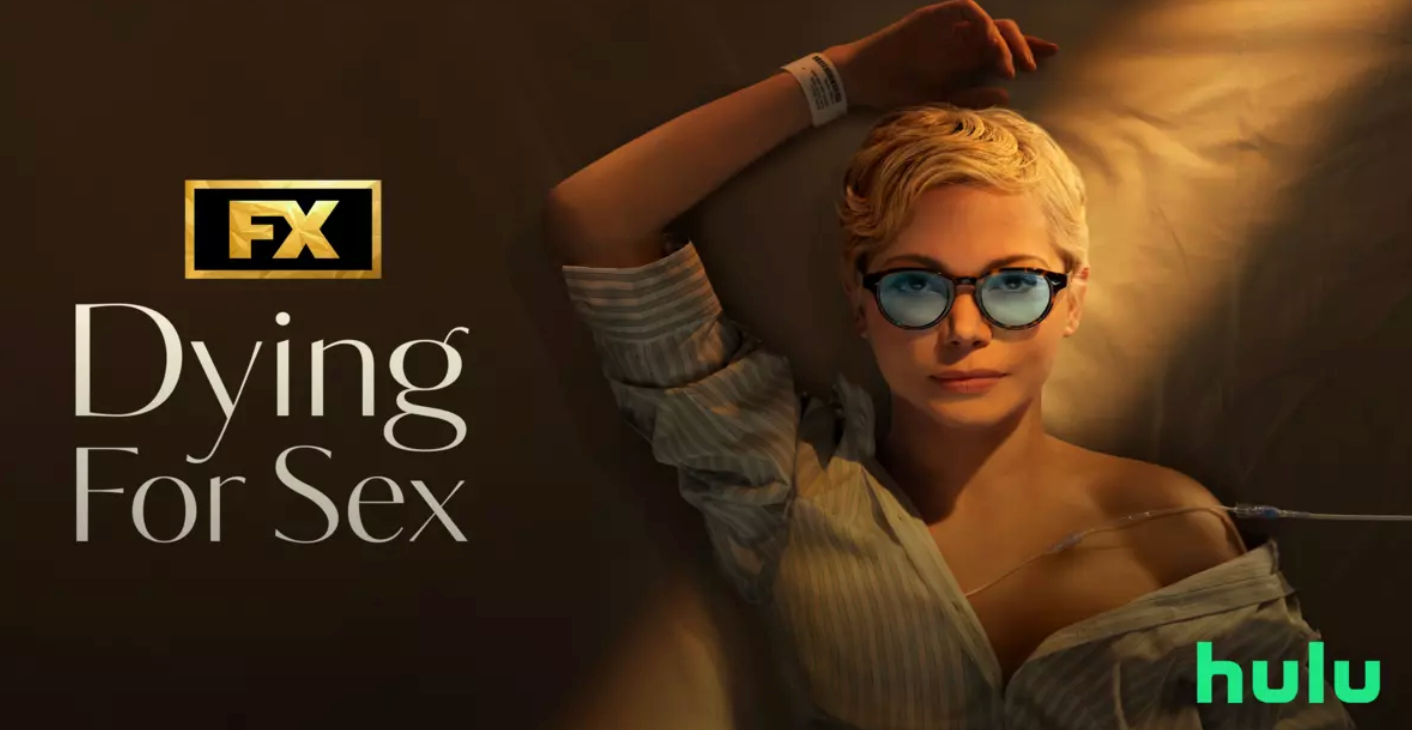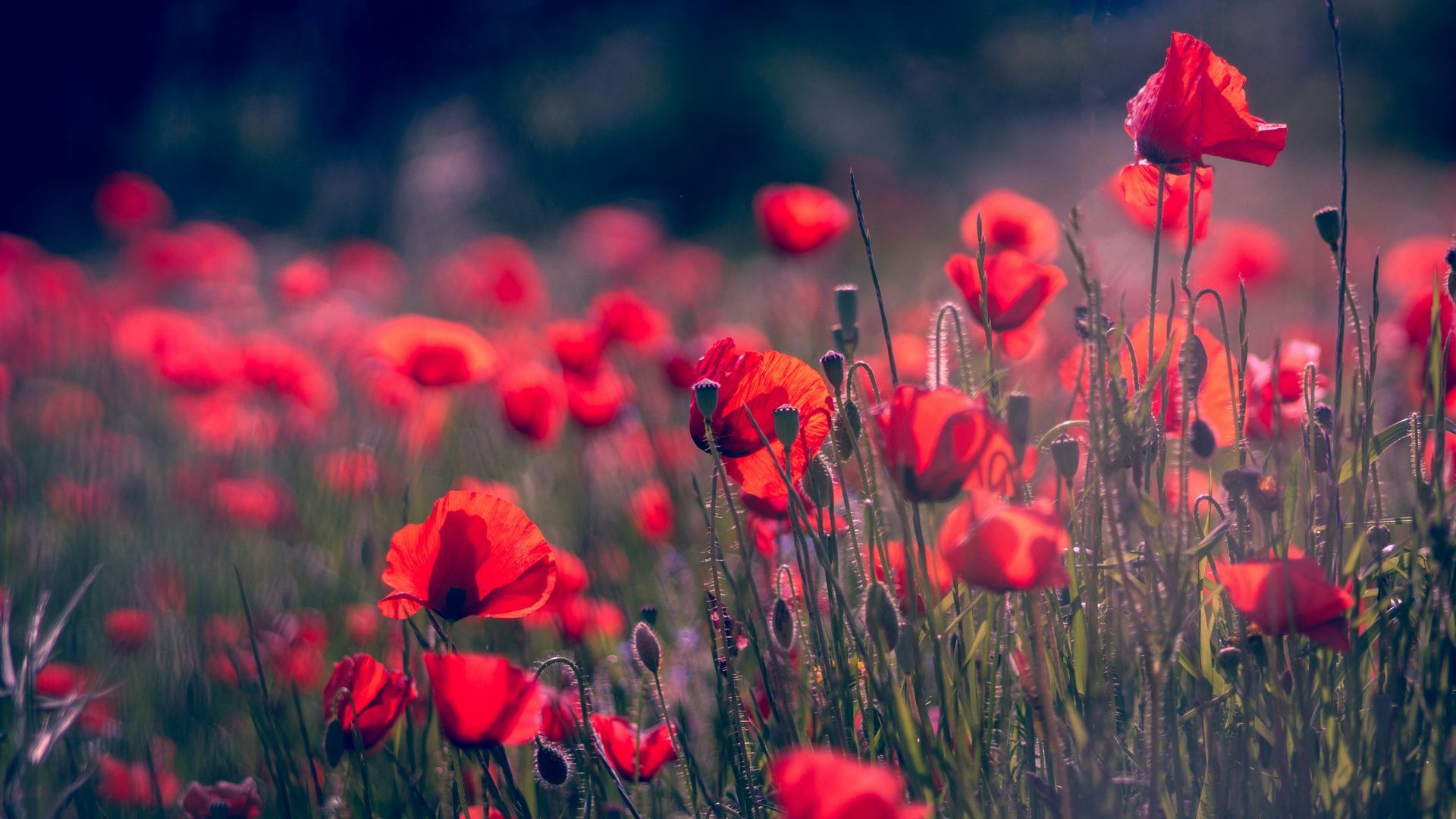Let us talk about rituals
Why? You might say.
A ritual is a set of structured actions (sometimes repeated) which are often formal and performed in a ceremony of some kind. They often carry symbolic, cultural, religious, or personal significance. Other words for ritual could be ceremony, tradition, custom, and observance to name a few. Some people might even use the word routine interchangeably; my husband used to title his morning routine around coffee as his morning ritual. Although through my lens, routine is a bit lower stakes on the emotional front, routine is habitual and practical, like brushing one’s teeth. I am not often brought to tears of joy or sorrow when I unload the dishwasher, it is simply a routine chore. If it had more significance, then maybe it could be considered a ritual.
We know that many people find rituals comforting and they can continue to be a source of comfort long after a death. If those rituals serve you, we are happy that you have that trusted template.
This article is for those who might not feel comforted by long standing traditions for some reason, those who feel resistant to ritual. Many studies as well as anecdotal stories have shown repeatedly that well-planned and timed rituals bring comfort to the bereaved.
What do you think about rituals?
If you think about your life, what rituals have you participated in or observed? What customs come to mind when you allow yourself to focus on the idea of rituals? Rituals are most often associated with life’s rites of passage like births, marriages, death, religious, or other cultural observances. These types of ceremony may involve a community or an individual. It is possible that the word ritual feels scary to some because they believe it must be of spiritual significance, or it must follow a script someone else has written. Perhaps those scripts do not serve you or they do not seem like a good match for you and your family.
Rituals help in a variety of ways: an emotional outlet, a sense of connection to the deceased, a path to realize the meaning of life, gathering of social support, a time-tested tool for coping, and both physical and mental health benefits. They offer a structured way to express emotions, allowing mourners to release grief in a controlled, and supported environment. Studies suggest that participating in rituals helps people process emotions, reducing anxiety, and promoting healing. Rituals can create a sense of closure by marking the end of life, which helps the bereaved accept the reality of the loss.
Rituals can be imbued with a deeper meaning and tied to a specific spiritual practice, or you can create a ritual yourself. A ritual I often perform on the anniversary of my husband’s death is to purchase his favorite beer, Chimay, and raise a glass with his friends or even meet at his grave and pour a little sip on his flowers. I think of this as a ritual because I have repeated the action a few times when I want to remember him or feel closer to him. I involved others who loved him or who love me, and it is connected to him because his favorite beer is the center of the observance. It has a more casual feel to it, and it still feels connected to him and all those who love him and share a beer with me.
When my husband died nine years ago ago, I felt like I needed a ritual and at the same time I was scared about having one. In the weeks leading up to it I could not concentrate and sometimes it felt like I could not breathe. The day of the memorial surprised me by being such a comfort, to hear stories about his quirky and often obstinate personality. The stories varied from ones I knew by heart to delightfully fresh ones I had never heard. Both kinds of sharing were like a thirst-quenching drink for someone lost in the desert. I still have the eulogies in print form as well as note cards friends wrote in the pews while huddled together seeking comfort about why life sometimes ends too soon.
These rituals can hold and squeeze us in their warmth and familiarity. The rituals can help provide a context for loss in this life which may eventually lead to meaning making once the initial shock has passed. Rituals can reaffirm faith or values, which offer solace during the grieving process. Another way the rituals may help the bereaved is by connecting them with the legacy and memories of their loved one. For me this meant bringing everyone who was touched by my husband to a familiar place where we could reminisce openly in a format we recognized and that brought peace and groundedness to an unbearable time in our lives.
Sadly, in our grief avoidant culture the bereaved may often experience isolation, but death rituals can be a remedy for that by providing a communal space for collective mourning. Rituals create a time for family, friends, and community to join, reinforcing supportive bonds. Normalizing grief is one of the best ways to remind people that they are not alone in their sorrow.
Researchers have found that performing rituals—whether cultural, religious, or personal—gives the bereaved a sense of control in an otherwise chaotic experience. Even simple or individual rituals, like lighting a candle or saying a prayer, can provide calm and a sense of safety. The griever gets to decide on the song choices or the readings, the way they want to remember this pivotal moment. For me, what seemed silly and frivolous and totally representative of my husband was to play three of his favorite songs Enjoy Yourself by Todd Snider, Always Look on the Bright Side of Life by Eric Idle from Monty Python, and May I Suggest by Red
Molly, not typical funeral choices but it felt right and singularly him.
If you are ritual resistant for some reason, you can call it something else. You could simply call it a gathering. A gathering gives you permission to let go of the heaviness of the word ritual.
People who actively engage in rituals/gatherings often report a greater ability to cope with their loss over time. Some studies have shown that those who participate in meaningful death gatherings may experience lower levels of prolonged grief, which can otherwise result in long-term emotional distress and an inability to re-engage in a meaningful life. By fostering social connection and emotional expression, rituals can lead to better psychological outcomes, potentially reducing the risk of depression or anxiety which sometimes accompany bereavement.
Overall, rituals/gatherings provide psychological, emotional, and social benefits, making them a valuable tool in helping the bereaved navigate the complexities of grief. If you did not have a gathering of some kind, big or small, or you are unsure if it is right for you, we invite you to reconsider.
We are here any time to talk about your options and alternatives.
